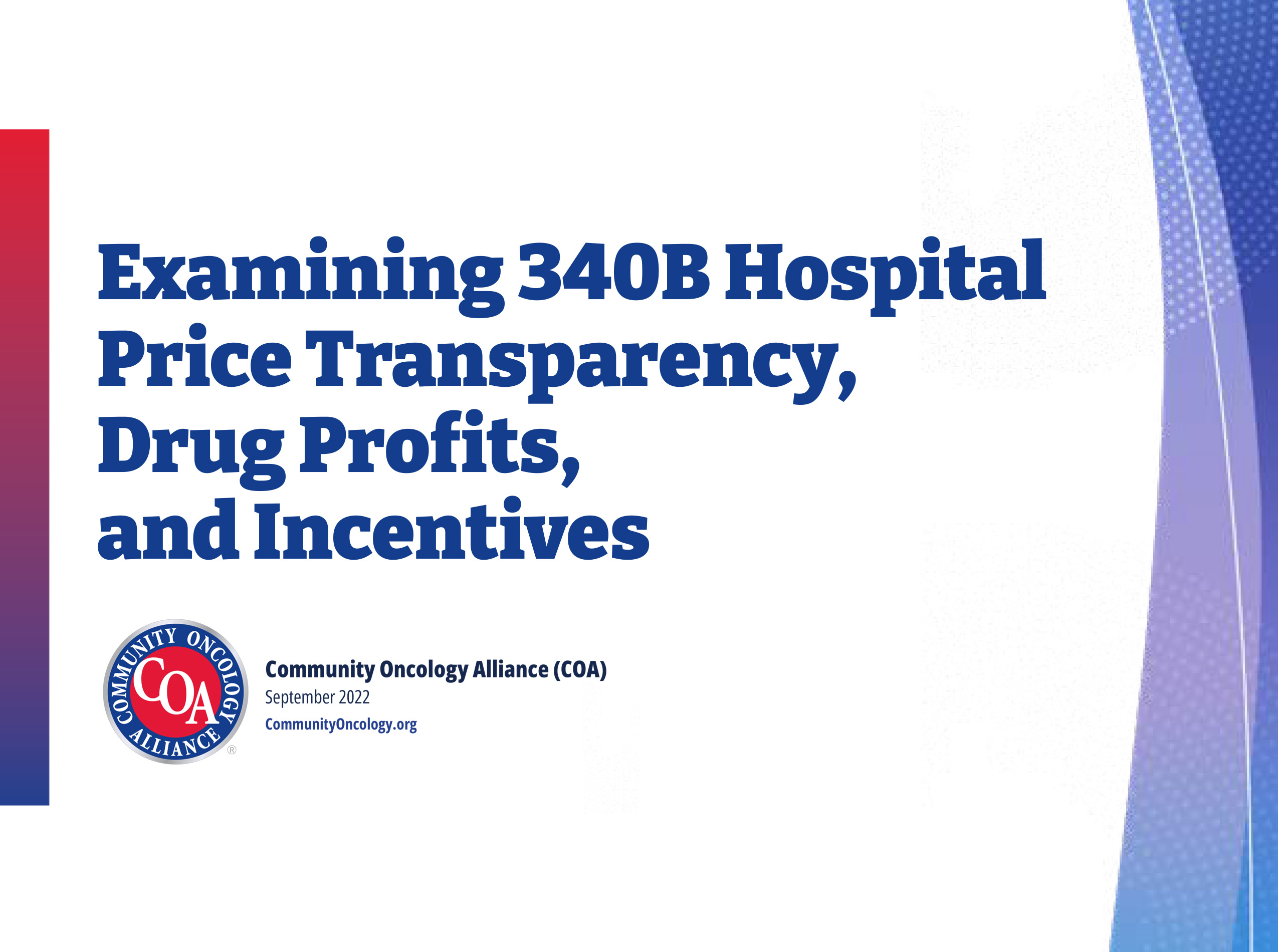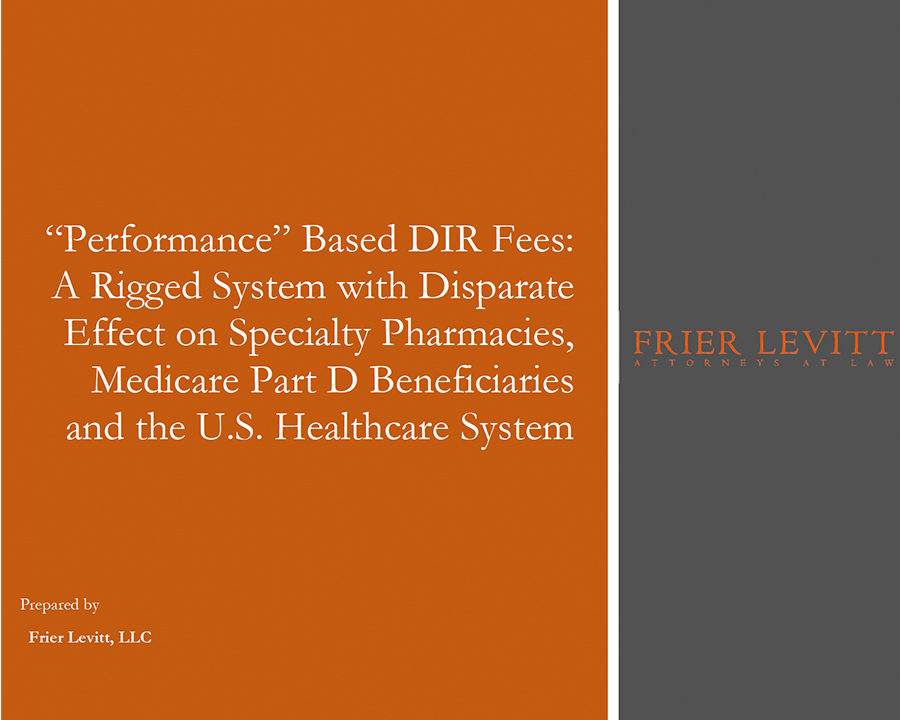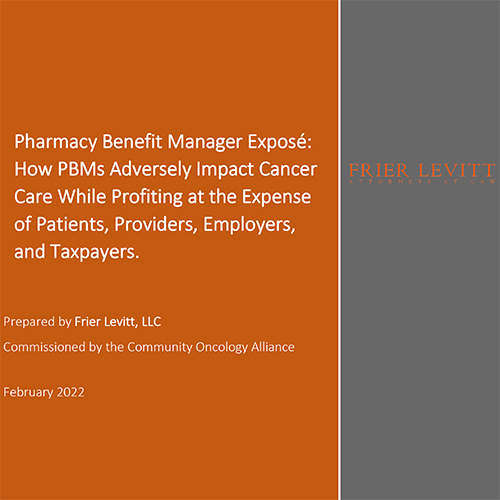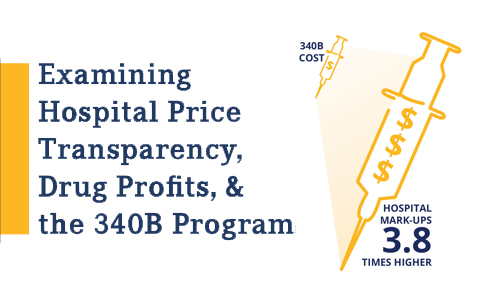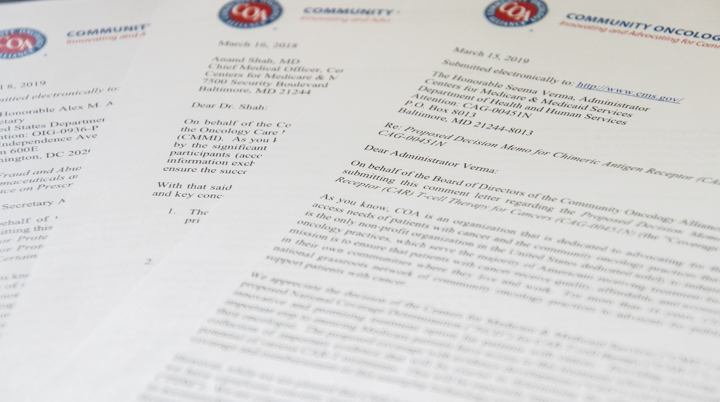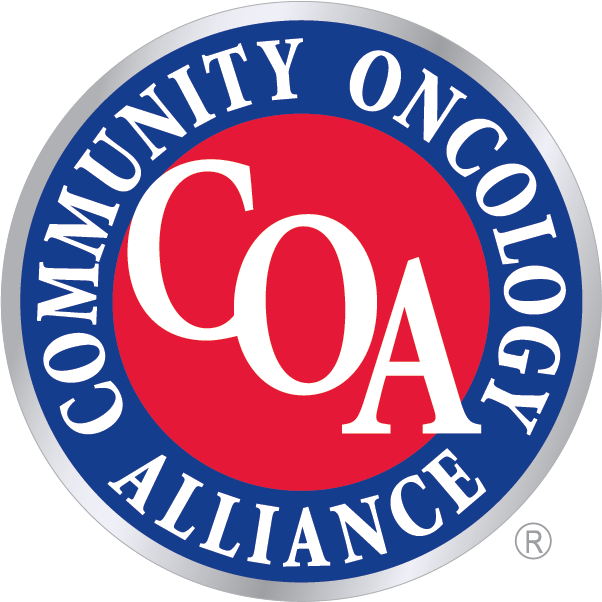340B Reimbursement Proposal Could Reduce Payments for 80% of Hospitals
To assess how changes in OPPS payment for reimbursement of drugs under the 340B program would affect hospital reimbursement and Medicare Part B beneficiary cost sharing, Avalere estimated the impact of increasing reimbursement for 340B drugs in Medicare Part B to ASP + 6%. The analysis finds that most hospitals would see overall payment decreases, while payments would be subject to higher cost sharing.
